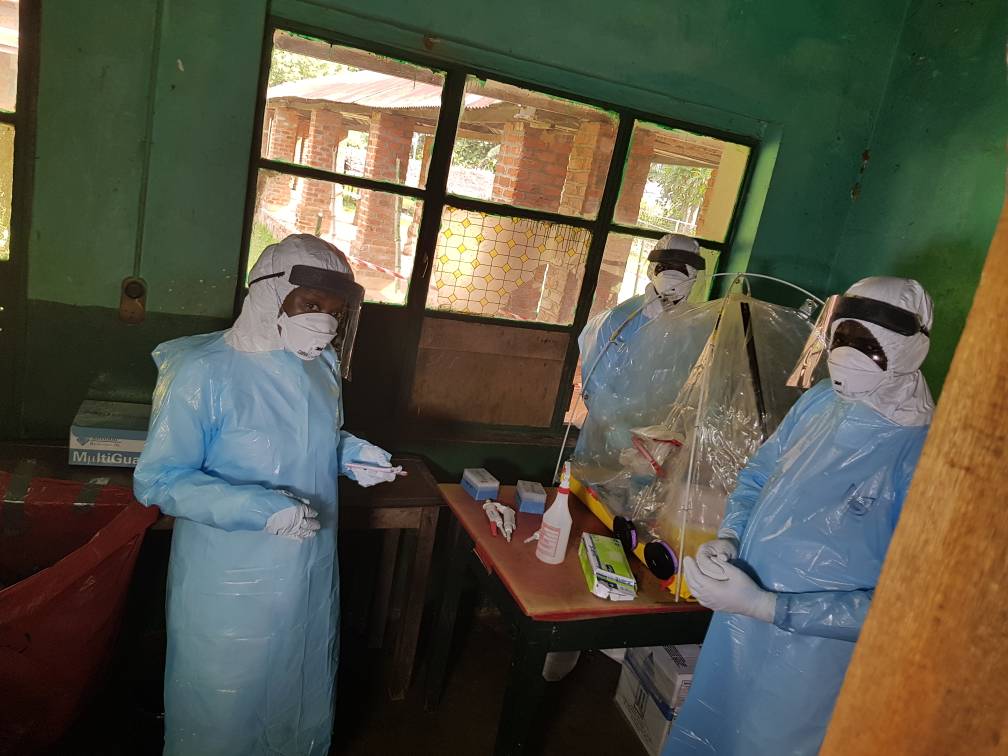Researchers say people who survive the deadly Ebola virus are at risk of suffering from severe mental problems.
There could also be neurological problems, including depression, debilitating migraines, nerve pain and stroke.
These details were contained in a study published on Wednesday after researchers analysed patients infected during the 2014-2016 Ebola outbreak in West Africa.
Janet Scott of Britain’s University of Liverpool, who co-led the research said “We knew that a disease as severe as Ebola would leave survivors with major problems.
However, it took me aback to see young and previously active people who had survived but were now unable to move half their bodies, or talk, or pick up their children”.
The findings have been published in the Emerging Infectious Diseases journal.
Researchers looked at patient notes from of more than 300 Ebola survivors in Sierra Leone. Sierra Leone was one of the countries worst hit in the 2014-2016 epidemic.
Some survivors of the disease are said to have severe health conditions that they were left unable to care for themselves.
The publication referred to neurological problems such as stroke, debilitating migraine-type headaches and nerve pain. The most frequent psychiatric diagnoses among the survivors studied were depression and anxiety.
The researchers say the findings show that there is an urgent need for specialist medical professionals. These professionals must be trained to help Ebola survivors deal with “post-Ebola syndrome” or PES.
The 2014-2016 West Africa Ebola epidemic killed more than 11,300 people and infected around 28,000.
It affected Guinea, Sierra Leone and Liberia. Over 10,000 people survived the disease, according to World Health Organization (WHO) estimates.
Source: Africafeeds.com



